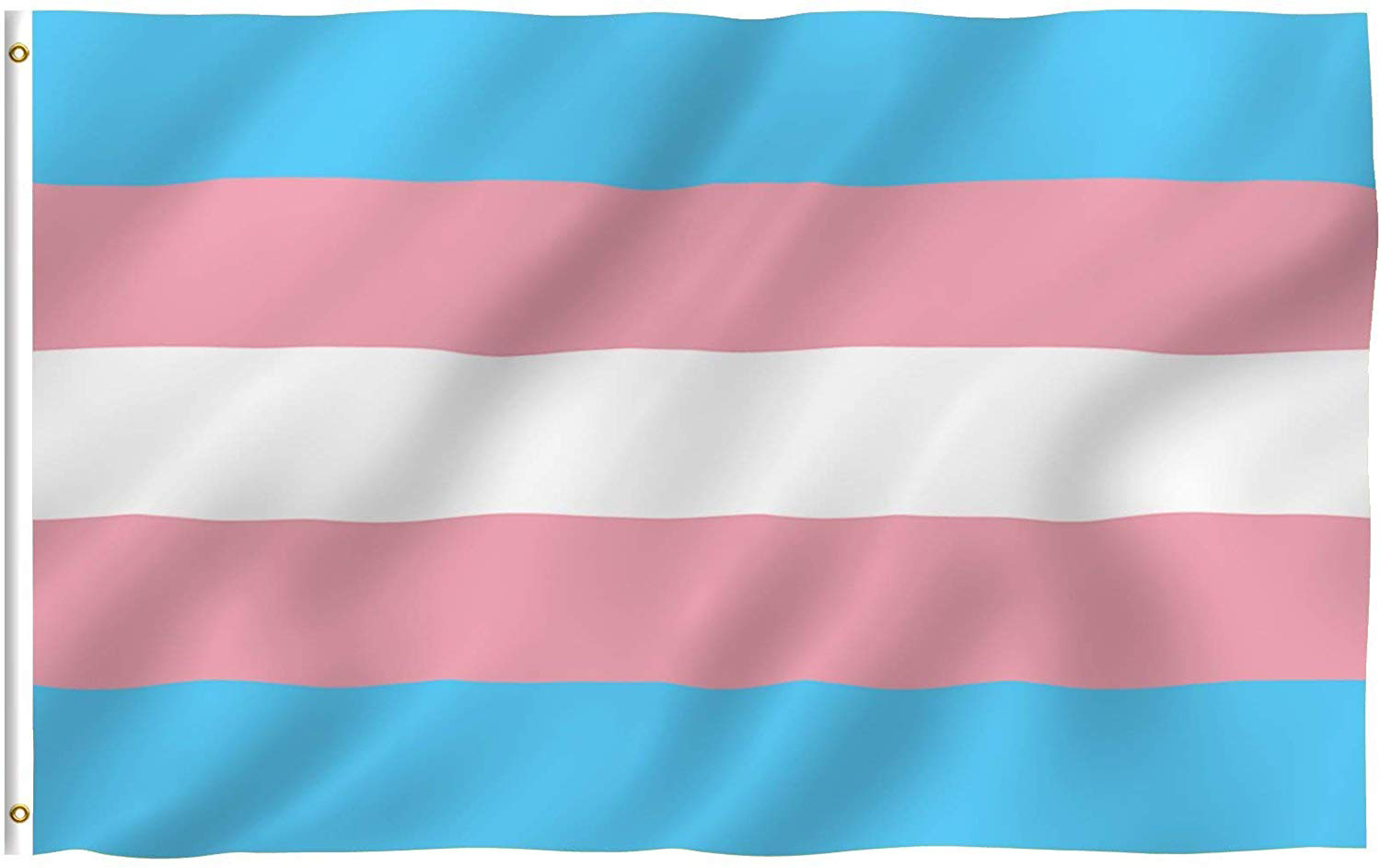by Michelle Willson, Feature/Entertainment Editor
The LGBTQ+ community is becoming a prominent part of today’s society and with and as expected with a new, possibly unfamiliar aspect, there comes a new vernacular and vocabulary to learn.
Words like Transgender, Non-Binary, Gender nonconforming and gender-neutral titles can be hard to follow for those not acquainted with the LGBTQ+ community.
Most of the confusion about the LGBTQ+ community comes from a lack of understanding of the definitions of sex, gender, and sexuality. Sex is a medical term. It refers to the biological aspects: chromosomes, genitals, and hormones. Gender is what one identifies as regardless of genitalia and sexuality is who are attracted to.
“Don’t assume anything out loud,” said Ollie McLain, trans masculine sophomore psychology major, in regards to other people’s sexual orientation and gender identity. “But if you are confused, don’t be afraid to ask”
Transgender means they were born as one sex but are transitioning to what they more identify with. This allows them to feel more comfortable in their own body. In most cases, they will go by other new pronouns.
“If someone gets my pronouns wrong I just correct them,” said McLain said. “If they keep getting my pronouns wrong and they aren’t making an attempt to change, then I just ignore them.”
Non-binary, genderqueer, agender and bigender mean that a person doesn’t fit exclusively into one gender. These terms do not mean the same thing, but they all speak to an experience of gender that is not simply male or female, states Transequality.org. They may blend elements of being a man, woman or a gender that is different than either male or female. Some people don’t identify with any gender. Some people’s gender changes over time.
In most cases, people who identify as these gender nonconforming titles go by they/them pronouns. This tends to confuse others because they consider it a plural pronoun to be used for a singular person.
Merriam-Webster announced “they” as the 2019 Word of the Year. The singular “they” is a pronoun used to refer to a person whose gender identity is nonbinary.
The Chicago Manual Style and the Associated Press stylebook have announced they/them/their are acceptable as singular and/or gender-neutral pronouns.
Calling someone the proper pronouns can help relieve some dysphoria, McLain said, especially if they don’t portray their gender identity well.
“I think people should approach pronouns with an open mind, patience and some compassion,” said Taylor Alexander, junior English major and Gay Straight Alliance secretary. “Many people don’t see the significance of pronouns but for individuals with gender identities that are different than cisgendered male and female pronouns help solidify their identity.”
It can be difficult at times to switch pronouns for someone, especially if you are used to referring to them by others Alexander said.
“Even when it feels difficult and confusing, efforts made to respect pronouns and identity are appreciated,” Alexander said.
People who are gender nonconforming might want gender-neutral terms used with referencing them but the terms may vary from person to person.
A popular term used is Enby which stands for NB or non-binary. There are gender-neutral forms of all titles and gender-specific words.
The standard gender-neutral form of aunt or uncle is Auncle just combines the two words but for niece or nephew, it’s Nibbling. Others are more simple like parents or sibling simply takes out the gender element.
Social media has helped people in the LGBTQ+ community connect. The use of tags, groups and chats allow people to feel supported and ask for advice from people who have gone through the same things.
“Social media has definitely helped with the spread of acceptance and education of the LGBTQ+ community,” Alexander said. “People can ask questions or google information without having to leave their comfort zone. There is so much information available as well as people willing to help educate others about the community.”
The LGBTQ+ community social media has been beneficial in helping people make connections with one another and support each other despite distance and language barriers. Alexander said.
Titles and pronouns may differ between people, which can be hard to keep track of.
“People are people regardless of their sexual orientation or gender identity,” Alexander said. “We are all human and are the same inside. I think universally we all need to learn empathy and tolerance.”


